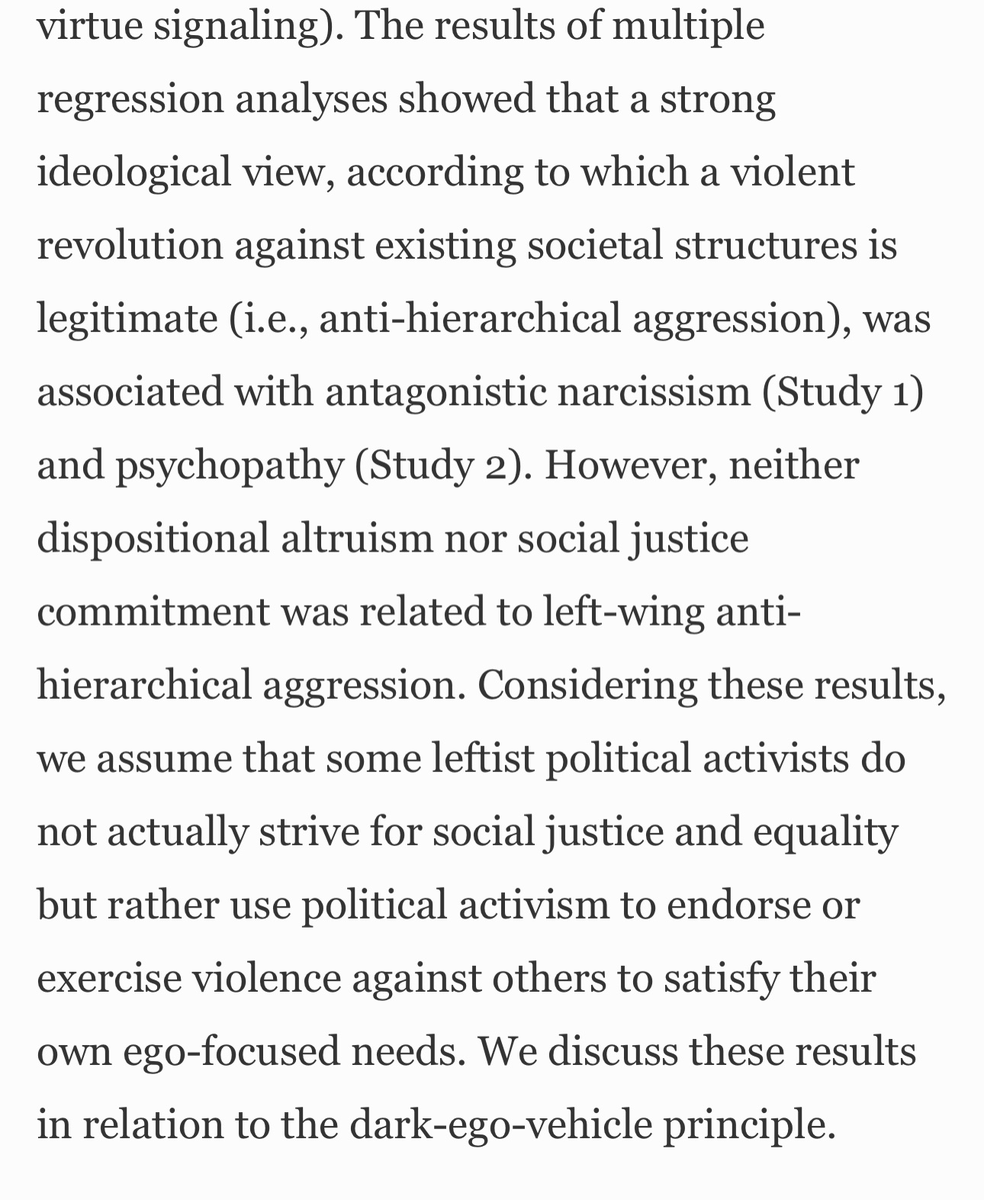Matt Walsh made this thread arguing the trans movement is rooted in Nazism. He massively distorts history to try and fit this narrative.
In doing so, he also undermines the many contributions made to trans acceptance by the Jewish community. Here are some examples:
1/8 🧵
In doing so, he also undermines the many contributions made to trans acceptance by the Jewish community. Here are some examples:
1/8 🧵
https://twitter.com/MattWalshBlog/status/1672035605369487362
2/8 Walsh mentions Magnus Hirschfeld as his example of a Nazi scientist. Hirschfeld was actually Jewish and gay, and fled Germany on the Nazis taking power.
His sex research institute oversaw the first trans surgery, and he created the first ever LGBT advocacy organisations.




His sex research institute oversaw the first trans surgery, and he created the first ever LGBT advocacy organisations.




3/8 Walsh also mentions the Nazi scientist Erwin Gohrbandt, who helped perform the first transgender surgery.
But for this surgery Gohrbandt was assistant to a more prominent LGBT rights campaigner called Ludwig Levy-Lenz, who Walsh for some reason omits from his list.




But for this surgery Gohrbandt was assistant to a more prominent LGBT rights campaigner called Ludwig Levy-Lenz, who Walsh for some reason omits from his list.




4/8 Gayle Rubin is regarded as the founder of Queer Theory.
Rubin argued there exists a "sex-gender system" which regulates sexuality through the imposition of gender. She argued for dismantling "hierarchies of sexual value" and normalising sexual behaviour considered deviant.


Rubin argued there exists a "sex-gender system" which regulates sexuality through the imposition of gender. She argued for dismantling "hierarchies of sexual value" and normalising sexual behaviour considered deviant.


5/8 Leslie Feinberg was a trans activist and communist whose work was influential in making her the first to argue for a Marxist concept of “transgender liberation”.
Her novel Stone Butch Blues was also helped to bring these issues to a global audience.



Her novel Stone Butch Blues was also helped to bring these issues to a global audience.



6/8 Jennifer Pritzker is a transgender member of the very influential Pritzker family.
They through their philanthropy have arguably done more to advance the trans movement than anyone.



They through their philanthropy have arguably done more to advance the trans movement than anyone.



7/8 Sirius XM founder Martine Rothblatt is one of the biggest philanthropists for trans issues.
Rothblatt wrote something of a manifesto on the trans movement in 2011: From Transgender to Transhuman, arguing transgenderism was part of a broader progression to a transhuman future



Rothblatt wrote something of a manifesto on the trans movement in 2011: From Transgender to Transhuman, arguing transgenderism was part of a broader progression to a transhuman future



8/8 Finally, George Soros' Open Society Foundation has also been at the forefront of promoting trans acceptance.
The OSF has taken very progressive stances on issues like hormone treatment for minors, and is funding organisations advocating for trans equality across the world.



The OSF has taken very progressive stances on issues like hormone treatment for minors, and is funding organisations advocating for trans equality across the world.



• • •
Missing some Tweet in this thread? You can try to
force a refresh

 Read on Twitter
Read on Twitter

















